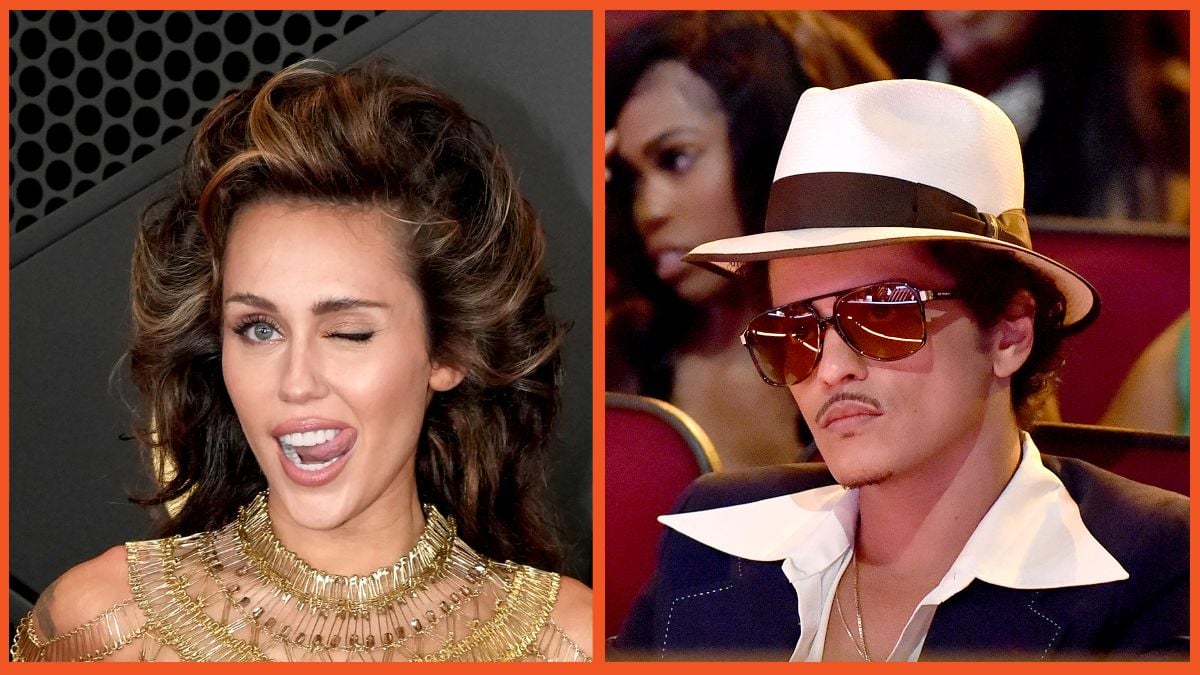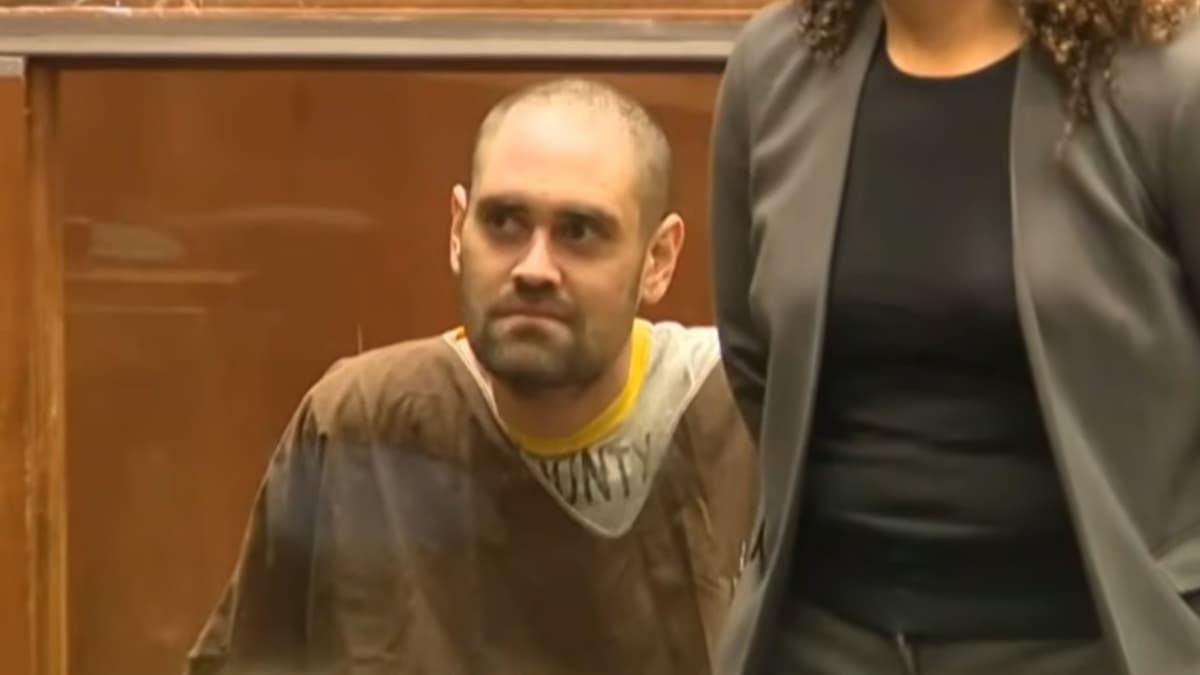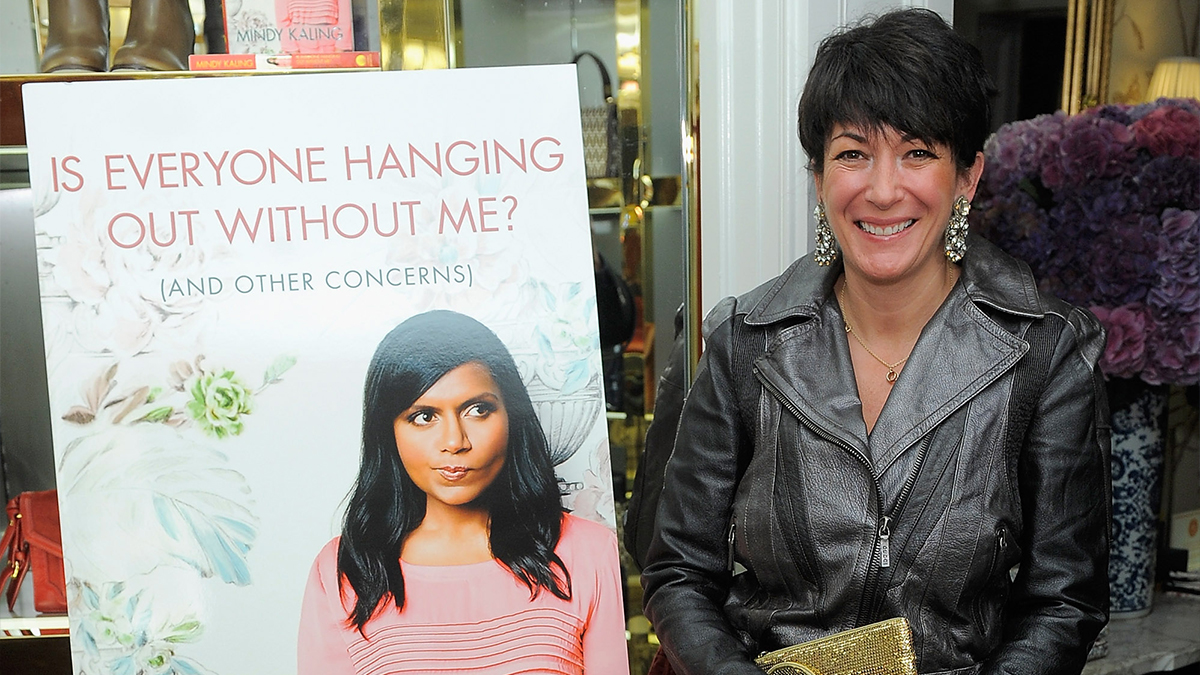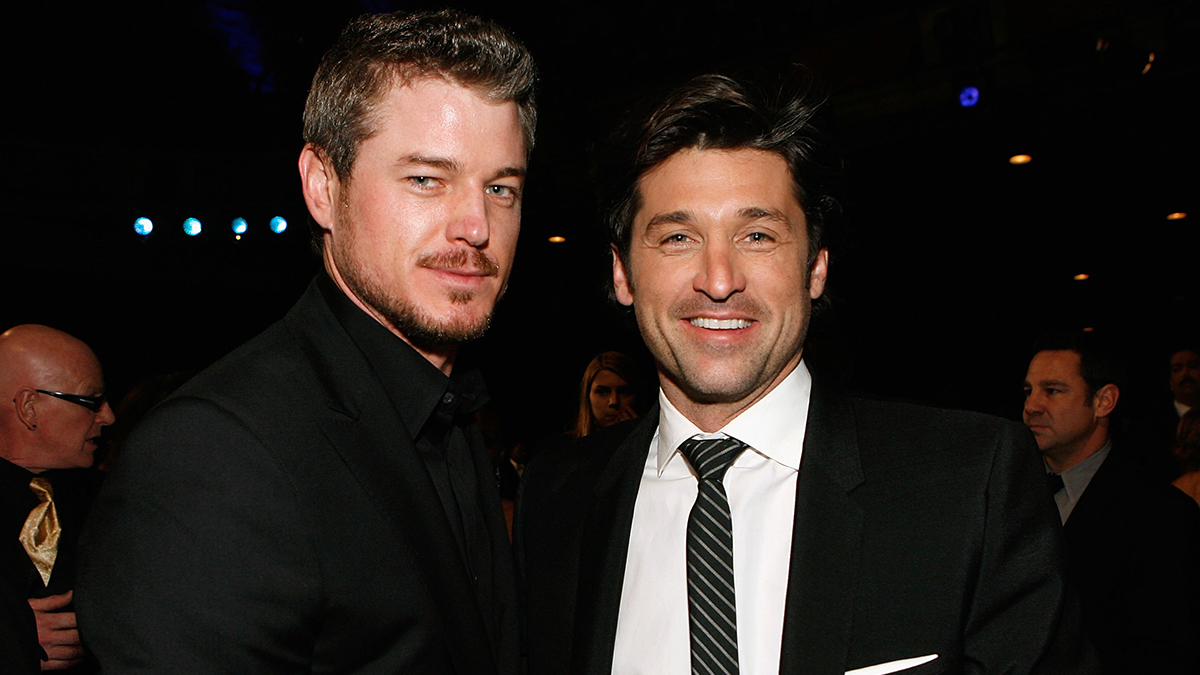Miley Cyrus‘s chart-topping hit “Flowers” transformed from a musical phenomenon into a legal battleground as Tempo Music Investments claims substantial copying from Bruno Mars’ “When I Was Your Man.” While the song earned Cyrus multiple Grammy awards and dominated the Billboard charts for eight weeks, her legal team’s defense strategy might be its undoing.
The core of the issue lies in Cyrus’s legal team’s refusal to address the musical similarities between both songs. Instead of addressing the alleged copying, they’re banking on what they call a “fatal and incurable defect” in the lawsuit — arguing that Tempo Music’s acquisition of rights from just one songwriter, Philip Lawrence, grants only “non-exclusive rights” insufficient for an infringement case. Legal experts warn this strategy could spectacularly backfire.
The musical evidence against Miley Cyrus is hard to ignore
Tempo’s lawsuit presents comprehensive evidence of alleged copying far beyond casual similarities. The company identifies specific duplicated elements, including the opening vocal line from the chorus of “Flowers” beginning and ending on the same chords as the verse of “When I Was Your Man.” The suit also details shared melodic pitch design, connecting bassline patterns, theatrical music elements, and specific chord progressions.
To make matters worse for Cyrus, the case’s scope is unprecedented, naming nearly 30 defendants, including major streaming services (Amazon Music, Apple Music, Spotify), retailers (Target, Walmart), and even Disney. This wide-ranging approach demonstrates Tempo’s confidence in their copyright claims, as they seek both damages and a permanent injunction to stop the reproduction, distribution, and public performance of “Flowers.” For Cyrus’s sake, her legal team has to implode the lawsuit from withing, instead of just trying to dismiss it on a technicality.
Tempo Music’s lead counsel, Alex Weingarten, attacked Cyrus’s technical defense as “intellectually dishonest,” asserting, “We’re not an assignee; we’re the owner of the copyright. The law is clear that we have the right to enforce our interest.” This direct challenge suggests Tempo Music anticipates and is prepared to counter Cyrus’s procedural arguments with substantial evidence.
The similarities between the songs extend beyond surface-level connections. While fans initially noted the lyrical parallels — Mars’ “I should’ve bought you flowers” versus Cyrus’s “I can buy myself flowers” — Tempo Music argues these musical parallels “are no coincidence.” Their lawsuit meticulously details how “Flowers would not exist” without Mars’ song, pointing to specific technical elements including “melodic and harmonic material,” “pitch ending pattern,” and “bass-line structure.”
Since these are all elements that fans can detect by themselves, the smart move would be to argue in favor of artists referencing each other in their work. Instead, Cyrus’s team is just trying to say Tempo Music has no right to file a lawsuit. That’s a weak defense that could be wholly ruined if Mars or any other songwriter involved with “When I Was Your Man” simply decides to join the legal battle. If they do, Cyrus’s team would need to completely restructure their defense, as their current strategy offers no protection against the fundamental claims of musical similarity.
The implications extend far beyond just Cyrus and Mars. Companies using “Flowers” in advertising campaigns are now reviewing their contracts and seeking indemnification clauses for protection. The lawsuit’s resolution could reshape how the music industry handles copyright disputes, particularly regarding partial copyright ownership and musical interpolation, especially given “Flowers'” massive success — eight weeks at Billboard’s top spot and multiple Grammy wins.
The case also raises broader questions about the nature of musical inspiration versus infringement. While answer songs and musical references have long been part of popular music tradition, Tempo’s lawsuit argues that “Flowers” crosses the line from homage to unauthorized reproduction. This distinction could set important precedents for future copyright cases in the music industry.











Published: Nov 24, 2024 10:32 am